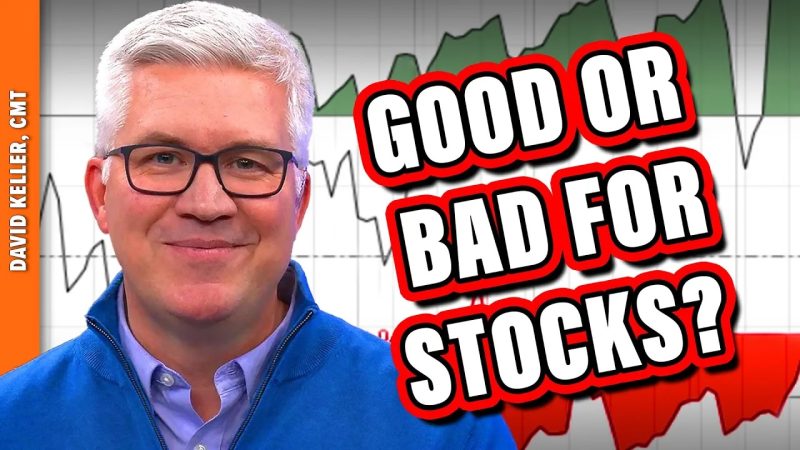Are Extremely Overbought Conditions Good or Bad for Stocks?
In the world of investing, the concept of overbought conditions has always been a point of contention among market participants. Some see it as a sign of a strong uptrend while others view it as a warning signal of an impending correction. But what exactly are overbought conditions and how do they impact stocks?
Overbought conditions occur when the price of a stock or market index has risen rapidly and is believed to have surpassed its intrinsic value. This often leads to a situation where the asset is trading at a level that is considered higher than its fair market value. While this may sound alarming to some, it is essential to understand that overbought conditions alone do not necessarily indicate a looming crash in the stock market.
In fact, the presence of overbought conditions can sometimes be a positive sign for stocks. When a stock or index is deemed to be overbought, it typically means that there is a high level of buying activity that is driving prices higher. This can be a reflection of strong investor confidence, positive market sentiment, and robust fundamentals supporting the asset’s value.
Moreover, overbought conditions can also lead to a phenomenon known as a short squeeze. This occurs when traders who have bet against a stock by selling it short are forced to buy back shares to cover their positions as prices continue to rise. This sudden surge in buying pressure can further propel the stock price upwards, creating additional gains for investors and contributing to a positive feedback loop.
However, it is essential for investors to exercise caution when interpreting overbought conditions. While they can indicate a period of strength in the market, they also raise the risk of a potential pullback or correction. When an asset becomes significantly overbought, it may be vulnerable to profit-taking by investors looking to lock in gains, leading to a temporary reversal in prices.
Furthermore, overbought conditions can be unsustainable in the long run, as they may eventually lead to a market correction to realign prices with the underlying fundamentals. Investors should be mindful of the risks associated with buying into assets that are trading at excessively high levels, as these situations can increase the likelihood of a sharp downturn in the future.
In conclusion, overbought conditions can have both positive and negative implications for stocks. While they may signal a period of strength and bullish momentum in the market, they also come with inherent risks of a potential reversal or correction. Investors should approach such situations with caution, conduct thorough research, and consider their risk tolerance before making investment decisions based on overbought conditions.

